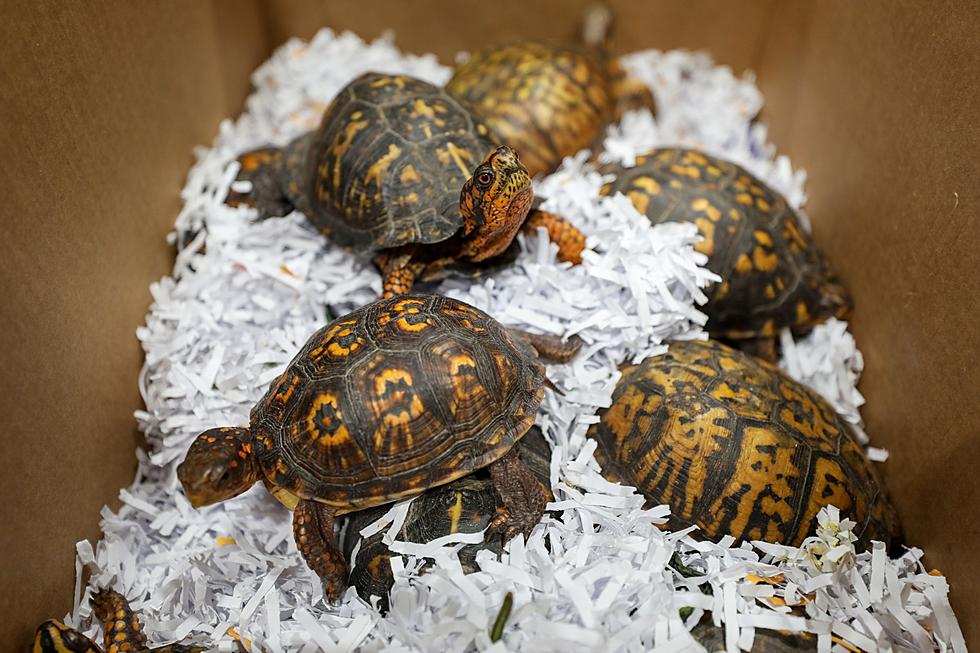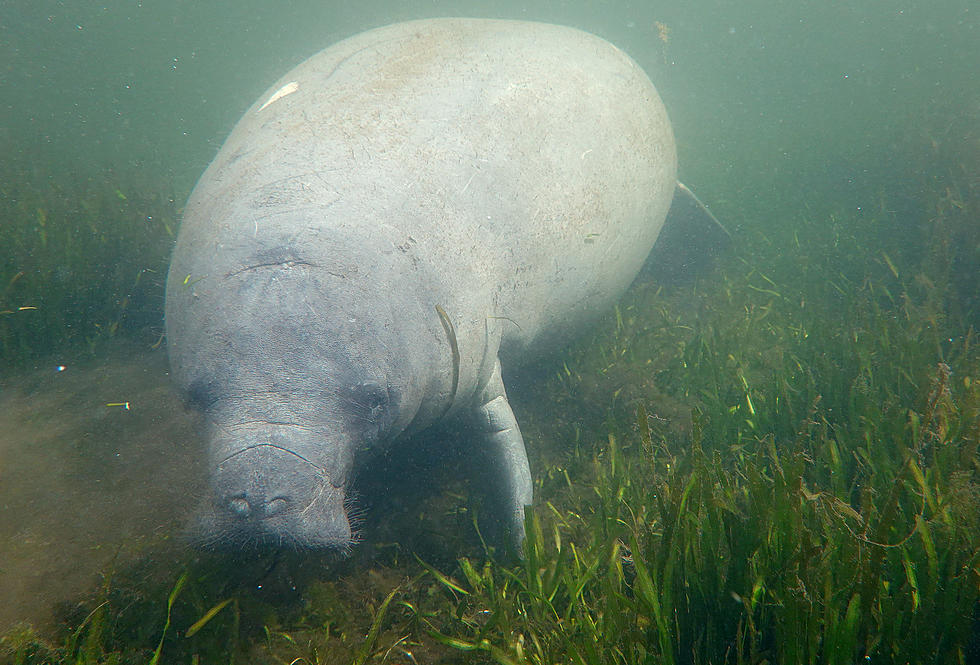
Boston and Providence Zoos Team Up to Save Smuggled Turtles
Nearly 100 illegally smuggled box turtles were confiscated at a U.S. shipping port this summer and our local aquariums and zoos have been working together to nurse them back to health. Roger Williams Park Zoo in Providence, Franklin Zoo in Boston and the New England Aquarium each took in some turtles in desperate need of care.
I had no idea that turtles from Northeastern states are big business overseas. Every day, hundreds of wood turtles, ornate box turtles and spotted turtles are being taken from woods and wetlands in the United States and shipped to buyers in Asia. This black market pet trade has been going on for years and the treatment of these smuggled turtles is downright terrible.
Lucky for the nearly 100 box turtles discovered by a U.S. Fish and Wildlife Service investigation this summer, the trip to Asia didn't happen, but their battle here at home was far from over. These turtles were found boxed together without food or water and all stuffed in socks to prevent them from moving during the trip. They were suffering from dehydration and eye infections, so the zoos got to work.
According to a press release from the New England Aquarium, the turtles were assessed for injuries, separated by male and female and placed in large tubs of water to rehydrate. They were then divided among RWPZoo, Franklin Zoo and the New England Aquarium for further care and quarantined away from all other animals at the facilities.

Sadly, that was a very necessary move as many of these turtles developed the deadly ranavirus soon after their rescue. The virus is transmitted through water and causes animals to hemorrhage, gasp for air, and accumulate fluid under the skin. It only takes one infected turtle to cause an outbreak, and tragically there is no known treatment.
So now these stolen and mistreated turtles can never return to the wild. Instead, the New England Aquarium and the Association of Zoos and Aquariums (AZA) chose to send the tiny turtles to the University of Illinois for further treatment at a laboratory that studies ranavirus.
The hope is that veterinarians there can learn about the disease's characteristics and long-term treatment options for other animals suffering the same fate in the future. Hopefully this turtle tale will help shed some light on the damaging impact these smugglers have on the wildlife literally in our own backyards.
Items Dangerous to Animals That You Have in Your Yard
More From WFHN-FM/FUN 107









